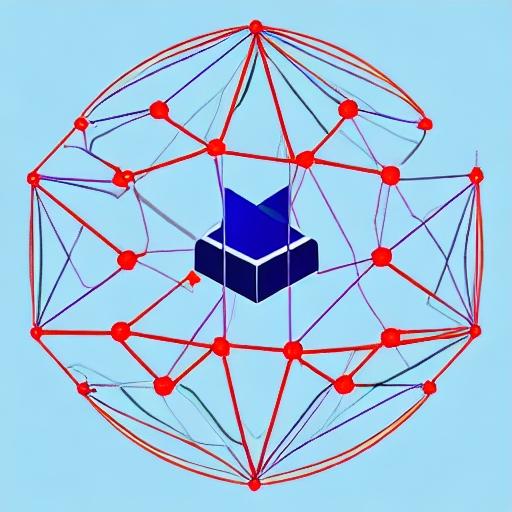Cryptocurrency has taken the world by storm with its revolutionary concepts and potential for disrupting traditional financial systems. One prominent name in this arena is Ethereum. But what exactly is Ethereum, and how does it differ from other cryptocurrencies like Bitcoin? Let’s break it down in simple terms.
At its core, Ethereum is a decentralized, open-source blockchain platform. Okay, let’s break that down further.
A blockchain is a digital ledger that records transactions across multiple computers. It is decentralized, meaning no central authority controls it. Instead, all participants in the network maintain a copy of the blockchain, making it transparent and resistant to tampering.
Bitcoin, the most well-known cryptocurrency, primarily acts as digital money. Ethereum goes beyond this by not only serving as a digital currency but also as a platform for smart contracts.
So, what are smart contracts? Think of them as self-executing contracts with the terms of the agreement directly written into code. Once certain predefined conditions are met, the contract automatically executes without any intermediary, like a lawyer or a bank.

Ethereum’s native cryptocurrency is called Ether (ETH). In the Ethereum network, Ether is used to power applications, pay for computational services, and as a means of exchange for goods and services. But what sets Ethereum apart and makes it unique, unlike Bitcoin, is its ability to facilitate the creation and execution of smart contracts.
Developers can build decentralized applications (DApps) on top of the Ethereum platform. These applications can range from finance and gaming to supply chain management and decentralized finance (DeFi). DApps on Ethereum are fueled by Ether and utilize the processing power of the network’s computers, known as nodes, to execute transactions and run smart contracts.
One advantage of Ethereum is its flexibility. Unlike Bitcoin, which has a more limited scripting language, Ethereum’s Turing-complete programming language allows developers to build complex applications with logic and decision-making capabilities.
Moreover, Ethereum is constantly evolving. The platform has undergone several upgrades to improve scalability and address security concerns. One of the significant upgrades is Ethereum 2.0, which aims to enhance network efficiency and reduce energy consumption through a shift from Proof of Work (PoW) to Proof of Stake (PoS) consensus mechanism.
In summary, Ethereum is a decentralized, blockchain-based platform that enables the creation and execution of smart contracts. It goes beyond being a simple cryptocurrency by providing a platform for developers to build decentralized applications. With its flexible programming language, Ethereum has attracted developers from various industries, expanding the possibilities of what can be achieved with blockchain technology.
